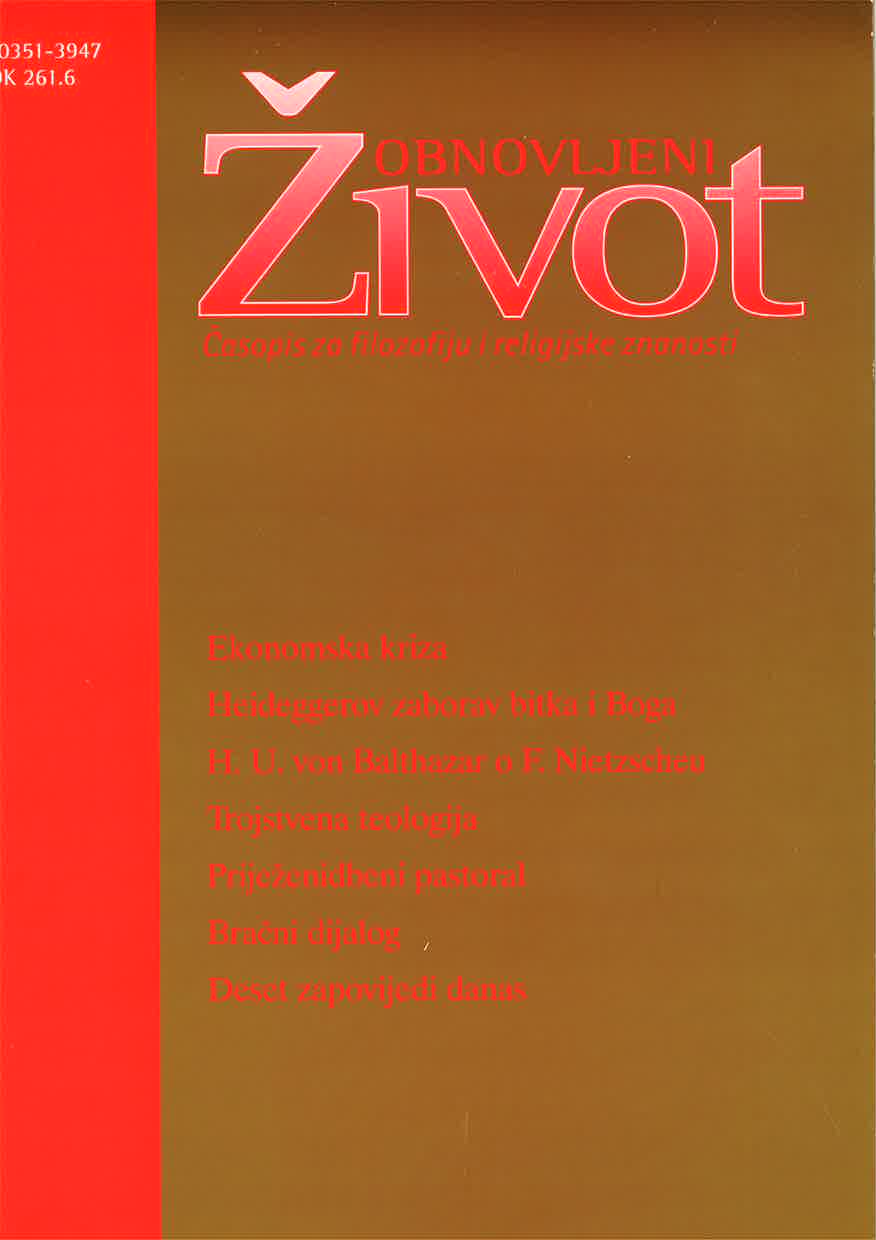Has Man Been Driven Away From Truth?
Heidegger's Forgetfulness of Being and of God
Keywords:
man, truth, Being, Da-sein, God, the death of God, nihilism, metaphysics, technical sciences, abyss, mysticismAbstract
Martin Heidegger is constantly rethinking his experience which he claims to have arrived at through phenomenology; also, he holds that Western thought persists in its forgetfulness of Being, which hampers the «new age» and hence contemporary man in thinking the essential. He considers that contemporary man has been driven away from the truth of Being since he does not strive to experience it from its proper truth, rather from the truth of being or from being per se. He has simply become lost in being rather than, in his Da-sein, opening himself up to Being as such, and thus to experience both his being-in-the-world and Being in their obscurity and in their mutual belonging-together. The «new age» subjectivism has resulted in the notion of truth becoming accepted as correctness in the extreme, in truth being dependent exclusively upon man and in its becoming reduced to empirical-positivistic experience. Hence, it is no longer within man's power to have at his disposal neither Being nor God, whose death was announced by Nietzsche causing him to plunge into nihilism and despair. Heidegger sees a way out of this predicament: thinking encouraged by the leap from forgetfulness of Being and which opens itself to Being which in man's Da-sein temporalizes its own revelation. This mode of thinking seeks to develop from the first Greek beginnings, and thus to build a bridge from this beginning toward a new and different mode of thinking, which would be able to revoke even the death of God. From this novel experience of the mystery of Being, man and of God, new hope would emerge - hope not founded in feigned knowledge, but rather in an openness which constantly questions and seeks.
Downloads
Published
Issue
Section
License
Jednom prihvaćeni članak obvezuje autora da ga ne smije objaviti drugdje bez dozvole uredništva, a i tada samo uz bilješku da je objavljen prvi put u Obnovljenom životu. Uredništvo će obavijestiti autora o prihvaćanju ili neprihvaćanju članka za objavljivanje.
Članci objavljeni u časopisu se, uz prikladno navođenje izvora, smiju besplatno koristiti u obrazovne i druge nekomercijalne svrhe.


